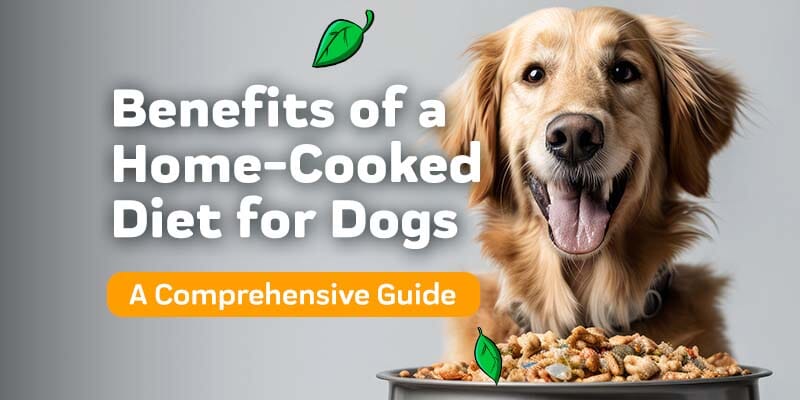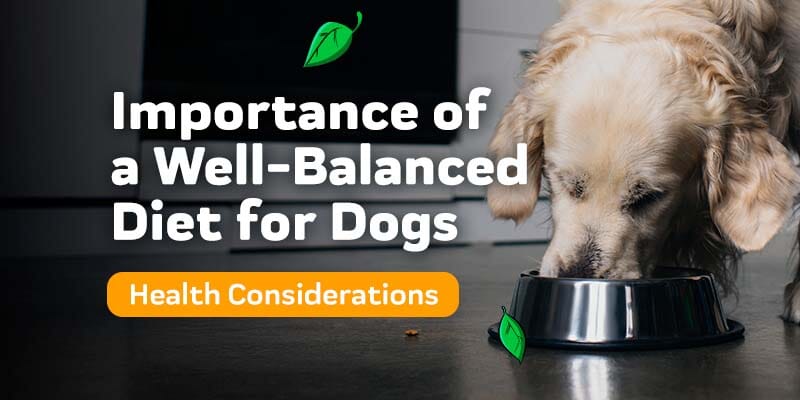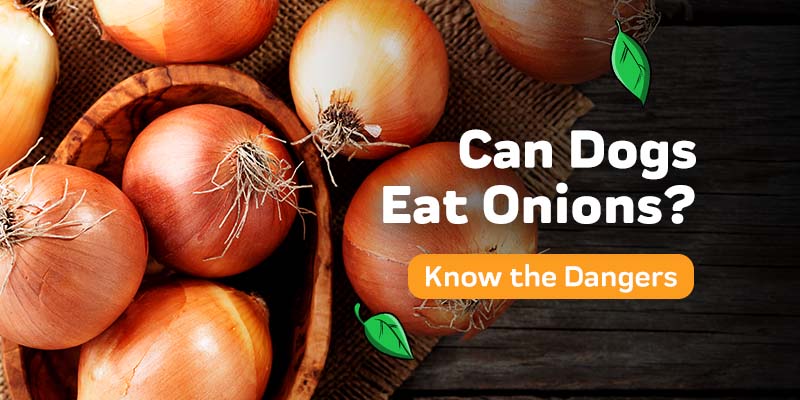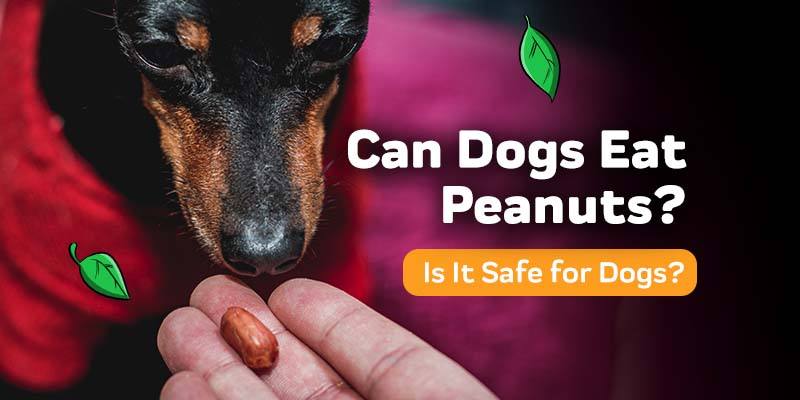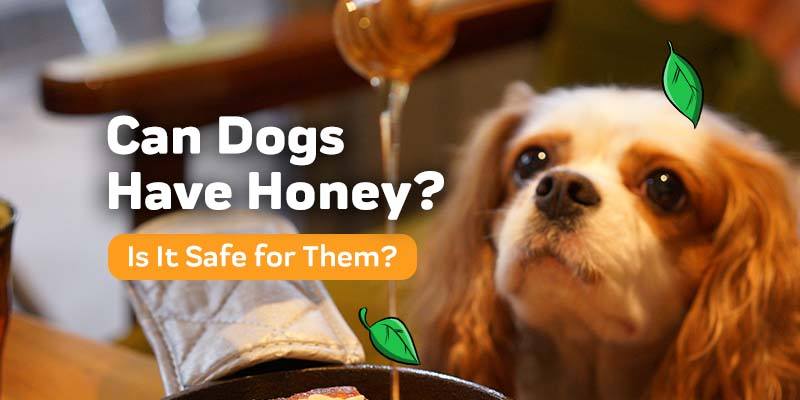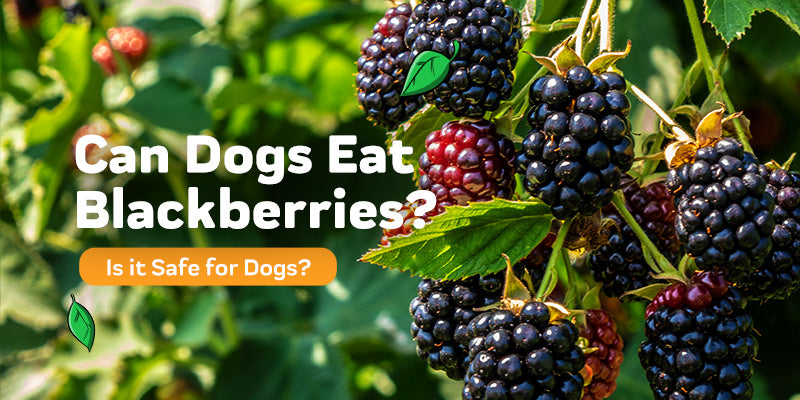
Dogs love to eat and they will often consume anything that’s given to them. While most options are somewhat safe, there are a handful that can be very dangerous and are best to avoid giving to them. Below you’ll find more information about some of the most toxic products for dogs, as well as some safe options to consider giving them instead.
Dogs and Dairy: Can Dogs Consume Dairy Products?
While dairy is somewhat safe for dogs to consume, some might have a little bit of trouble with these products as they might be lactose intolerant. This can end up leading to diarrhea or an upset stomach. Some dogs might also be allergic to dairy which can lead to vomiting and itchy, red skin.
What Happens When a Dog Eats Cheese?
The main concern about dairy products is the lactase enzyme. This enzyme works to help break down the lactose in dairy products which is a type of sugar and protein that eventually absorbs itself into the intestines. Because of this, the higher the lactose in the dairy product, the more their dog will have to work to help break it down.
If you’re on the search for some low-lactose dairy products to give your dog, as it does come with a few benefits, you can consider giving them cheese, like Swiss and Cheddar, or lactose-free milk. However, if your dog has an extreme allergic reaction to dairy, it’s best not to give it to them in any form, even if it’s free from lactose.
Dairy for Dogs: Is Cheese Bad for Dogs?
Cheese often contains lower amounts of lactose making them ideal to give your dog if they don’t have severe problems with dairy. This is due to their high protein and calcium content which can be very beneficial for their health.
As mentioned above, some of the best cheeses to give are Swiss and Cheddar as they contain practically zero grams of lactose in them. Make sure not to give your dog excessive amounts of them. This is because they are still high in fat which can lead to an upset stomach and gas.
Nine of the Most Dangerous Foods for Dogs
Avocados
Avocados are very toxic for dogs due to a chemical in them called persin. This fungicidal toxin is created from the interior seed and eventually slips out into the fruit’s flesh. While a small dosage of it won’t necessarily be harmful (it will still make them sick) eating large quantities of it can prove fatal.
If you find that your dog has eaten a large quantity of avocado, they will either start to vomit or have diarrhea. If you find they are vomiting, make sure to keep giving them water to help them stay hydrated. The same goes for diarrhea. Make sure to let your dog go out and relieve themselves, but ensure they get plenty of water when they are done. However, make sure to contact or visit your vet as soon as possible if they have eaten avocado, as if the symptoms last too long, could be deadly.
Chocolate
This sweet treat is often one of the first things pet owners will refer to when it comes to naming a dangerous food for dogs. Chocolate can be very harmful to your pet as it contains theobromine which is a type of alkaloid from the cocoa plant. While humans are able to digest this, dogs can’t which can lead to a build-up of toxins in their body.
A small amount of chocolate will not usually cause drastic problems, but it will make your dog suffer from an upset stomach, diarrhea, and vomiting. However, if taken in large amounts, it can lead to deadly symptoms, such as seizures, an irregular heartbeat, and internal bleeding.
Xylitol
Xylitol is a type of sugar alcohol that is usually used as a type of sugar substitute. It’s often used in human products, like candy and soda, to help keep sugar levels in them. It’s also used in various types of medications and can be found in fruits and vegetables.
While humans can safely consume this, dogs will have issues. This is because even the smallest amount of Xylitol can cause hypoglycemia, seizures, and liver failure as it causes their body to release large amounts of insulin into the bloodstream. This process usually happens very quickly and can reach its full symptoms anywhere from 10 minutes to one hour.
Because of this, Xylitol is an extremely toxic food item for dogs to consume. Because of this, it’s important to immediately visit your vet if your dog has eaten some to help prevent them from having life-threatening problems.
Garlic and Onion
While you might find that some dog food items contain garlic or onion in them, it’s not often safe to give your dog, even if it’s in a small quantity. It’s dangerous for dogs because it can result in anemia or Heinz body formation because garlic and onions can destroy your pet’s red blood cells. So, if your pet accidentally eats a small portion of it, they will more than likely just have an upset stomach or will start to vomit. If you are concerned that their symptoms are worsening or you’re not exactly sure how much they ate, take them to your vet immediately.
Caffeine
Caffeine is often found in coffee, soda, tea, and energy drinks. While the human body is able to process it well, dogs are unable to. This is due to caffeine containing theobromine, a chemical also found in chocolate. A small amount of caffeine might not be very harmful, but if taken in a large dose, could lead to caffeine poisoning. Some symptoms of this include hyperthermia, seizures, and hypertension. It can also cause your dog’s heart rate to increase and elevate their blood pressure. Because of this, it’s important to visit your vet so they can flush out the caffeine from their body.
Grapes and Raisins
Grapes and raisins are another dangerous food for dogs. In fact, these are extremely toxic even if taken in small amounts. This is because they can cause severe damage in their kidneys and stop urine production. While it’s not exactly known why they are so deadly, it could be due to a chemical composition in their skin. If your dog ends up eating grapes or raisins, they could also end up having symptoms such as stomach pain, seizures, coma, and vomiting.
Raw Eggs
Some pet owners believe that raw eggs can improve their dog’s coat. While this might be so, raw eggs contain salmonella which can be very dangerous, especially if you come into contact with it. In addition to this, raw eggs could also cause a biotin deficiency which can cause problems with their digestion. To help prevent this, make sure to give your dog eggs that are cooked.
Alcohol
With even the smallest amount of alcohol your dog could end up getting alcohol poisoning and it will affect their central nervous system. If your dog ends up consuming alcohol they could end up having symptoms such as seizures and paralysis. Due to this, make sure to keep any alcoholic beverages or food with alcohol in them away from where your pet can reach them.
Macadamia Nuts
Macadamia nuts are another problematic food item for dogs. While vets don’t quite know why (such as with grapes and raisins) they have proven to be very dangerous for dogs if consumed. In fact, even a small amount of these nuts can be fatal. If consumed, it can lead to seizures, depression, vomiting, shaking, and fever. Because of this, you need to make sure to contact or visit your vet immediately if your dog has even consumed a small piece of this nut.
Other Common Food Questions
While the top nine food products are some of the most dangerous, there are a few other options that pet owners are curious about. Below are some other common pet food questions.
Dogs and Tomatoes: Can Dogs Eat Tomatoes?

So, are tomatoes bad for dogs? Dogs can have tomatoes in very small quantities occasionally. You need to make sure that the tomatoes are ripe though as green tomatoes can be deadly. Ripe tomatoes contain many benefits for dogs which include high levels of calcium and fiber.
However, tomatoes can be deadly, especially if your dog eats the leaves and stems of the plants. This is because they contain Solanine which can cause severe gastrointestinal problems in dogs.
If you do want to give your pet tomatoes, you can do so in a few ways. One method is to take a ripe tomato and slice it up. You can also give your dog a tomato-based product, like soup, as long as it doesn’t contain other ingredients and additives.
Can Dogs Eat Popcorn?
Dogs can eat popcorn as long as it’s plain and doesn’t contain added ingredients, like butter and salt. You need to also make sure that there aren’t kernels in the pieces as they could end up getting caught in your dog’s throat or teeth. Pet owners can safely give their dog a few pieces every so often. In fact, there are various popcorn recipes designed specifically for dogs which include ingredients like peanut butter in them.
On the other hand, if your dog has an allergy to corn, it’s best to stay away from giving them popcorn as it could trigger an allergic reaction.
Is Caramel Bad for Dogs?
Caramel is not toxic for dogs, so if they consume a small amount of it, there’s no need to be concerned. However, too much caramel (which is loaded with sugar) could end up causing a few problems, like a dental disease or obesity. Because of this, it’s best not to feed your dog caramel, but it’s not a deadly food item.
So, is sugar bad for dogs in general? As mentioned above, yes, it is. It can raise their blood pressure and can end up leading to them feeling hyper. If given large amounts of sugar often, it could also eventually lead to them getting diabetes.
Can Dogs Eat Potatoes?
Dogs can eat potatoes, although make sure they are not raw. As with tomatoes, raw and unripe potatoes contain Solanine which can be toxic for canines. As long as you make sure they are cooked, you can safely give them to your dog which will provide them with a few health benefits like fiber, Vitamin C, and potassium.
You can chop up cooked potatoes pieces or mash them up and put them in their meals. Be sure not to season them in any way as they could also lead to problems.
Can Dogs Eat Cottage Cheese?
Cottage cheese can be given to dogs if you know that they can handle dairy. It’s filled with calcium and protein. Cottage cheese also contains healthy bacteria which can keep your dog’s digestive tract working well. Make sure to only give your dog low or reduced-fat cottage cheese and only every so often to prevent possible digestive problems due to lactose intolerance.
Can Dogs Eat Pesto?
Human pesto is not always safe for dogs as it often contains pine nuts and garlic which are toxic. However, you can make a special dog pesto that contains basil in it. Basil can be very healthy for dogs as it’s high in antioxidants and might even help to relieve arthritis pain in dogs.
What Should I Do if My Dog Eats a Toxic Piece of Food?

If you find that your dog has eaten a toxic piece of food, you’ll need to do a few things. The first, and most important, is to get into contact with your vet. They will be able to tell you specifically what to do and if you need to bring them.
The next thing is to make sure your dog stays hydrated. Vomiting can lead to them becoming dehydrated which can add even more problems to their current health status. However, never try to make your pet vomit if they did ingest toxic items. This could end up causing their esophagus to become even more inflamed and could lead to a blockage in it.
Safe Food Options for Dogs
While there are a handful of dangerous food items you need to make sure your dog doesn’t eat, there are plenty of safe food options to give them, including delicious and healthy homemade treats.
Carrots
This vegetable is filled with Vitamin A which can help keep your dog’s eyes healthy and ensure their immune system works well.
Peanut butter
Peanut butter is packed with protein and is filled with healthy fats. Make sure to only give your dog unsalted peanut butter.
Salmon
Salmon is filled with Omega-3s which can help to reduce inflammation and keep their immune system strong.
Blueberries
These are a great snack for dogs that are filled with antioxidants. They also have plenty of fiber which can help their digestive system function well. You can give your dog blueberries as a snack or add it to their meals.
Pineapple
Pineapple pieces contain heavy levels of Vitamin C which can help with producing healthy amounts of collagen in their body. However, too much pineapple can result in diarrhea. So, make sure to only give this to them in small quantities.
Apples
Apples are filled with fiber, antioxidants, and Vitamin C. In addition to this, they also can help to keep your dog’s teeth clean and their breath fresh. Apples can be given to your dog raw, although make sure to remove the skin and seeds.
Chicken
Chicken is a great protein to feed dogs. This lean meat can help to give them energy and also keep their skin healthy.
Sweet potatoes
This vegetable not only helps dogs to have a healthy digestive system thanks to their high levels of fiber. It can also reduce inflammation and provide their body with plenty of vitamins.
Turkey
Turkey is also a lean meat that helps to build muscle in dogs thanks to its high levels of protein. It also ensures their heart stays healthy.
Beef
Beef is packed with nutrients that can keep your dog healthy and active. You’ll find plenty of iron and zinc in it which can also help their skin and fur.
These options are not only safe to give your pet, but are often loved by dogs, so they’ll consume them happily. They’re also filled with plenty of antioxidants, vitamins, and minerals so they’ll provide your pet with plenty of health benefits.
As a pet owner there are a few things you’ll need to protect your dog from, including a few food products. These include things like chocolate, avocados, and grapes which can lead to severe health problems in your dog if they consume them. Because of this, it’s important to make sure that you know about fatal items for dogs to ensure they don’t eat them. Make sure to keep the top nine dangerous foods for dogs listen above in mind to make sure your pet stays safe.
Induce Vomiting
Inducing vomiting in dogs is important when they consume foods that are toxic to them, such as avocados, chocolate, garlic, and onions. These foods contain chemicals that can cause serious harm to a dog's health, and inducing vomiting can help prevent further absorption of the toxic substances into their system. If left untreated, these toxins can lead to a range of health problems, including seizures, vomiting, diarrhea, and even death. Therefore, it's essential to act quickly by inducing vomiting and seeking veterinary care as soon as possible. This can help minimize the potential harm caused by these toxic foods and improve the chances of a full recovery for your beloved furry friend.
Innovet's STAT! Syringe is a great product to help induce vomiting in dogs that have ingested toxic substances such as avocados, chocolate, garlic, and onions. The product is designed to use a syringe to administer a safe and effective dose of hydrogen peroxide, which works by forcing the dog to vomit. The syringe comes with clear instructions and dosage guidelines, making it easy for pet owners to use in an emergency situation. Using Innovet's STAT! Syringe to induce vomiting can help prevent further absorption of the toxic substances and potentially save your dog's life. It's important to note that the use of hydrogen peroxide to induce vomiting should only be done under the guidance of a veterinarian, and the product should be stored in a safe place out of reach of pets and children.
Sources:
Foods Your Dog Should Never EatWhat can't dogs eat?
People Foods to Avoid Feeding Your Pets
These 7 Foods Cause the Most Pet Deaths












